Local news is suffering amidst the migration of consumers to digital rather than print media, and the loss of advertising revenue that accompanied that migration.
Adding insult to injury was the advent of Artificial Intelligence (AI) threatening journalists’ jobs globally.
The state of California and Google have entered into a first-of-its-kind agreement to send millions of dollars to news agencies to prop up the dying print journalism industry.
The deal is notable as it may be propagated in states across the country trying to resuscitate print media.
Mimicking Global Efforts to Combat Decline in Print Media

The California agreement mimics efforts by Canada and Australia to address the decline of printed news media as consumers turn almost exclusively to digital content. As consumers read and access news through digital sources, advertising money has also migrated away from the original creators.
Primary Goal: Support for Failing Local News Services

The agreement’s primary goal is to prop up the failing local news services, but a controversial provision lurks beneath it that, according to journalists, jeopardizes the agreement’s premise of keeping the local news outlets afloat.
Controversial Provision: AI Funding

The most controversial provision in the agreement regards the dedication of certain funds to AI applications. AI concerns represent the largest threat to journalists today, outpacing the potential exodus of readership from physical publications to digital sources.
Financial Contributions: Supporting Local News
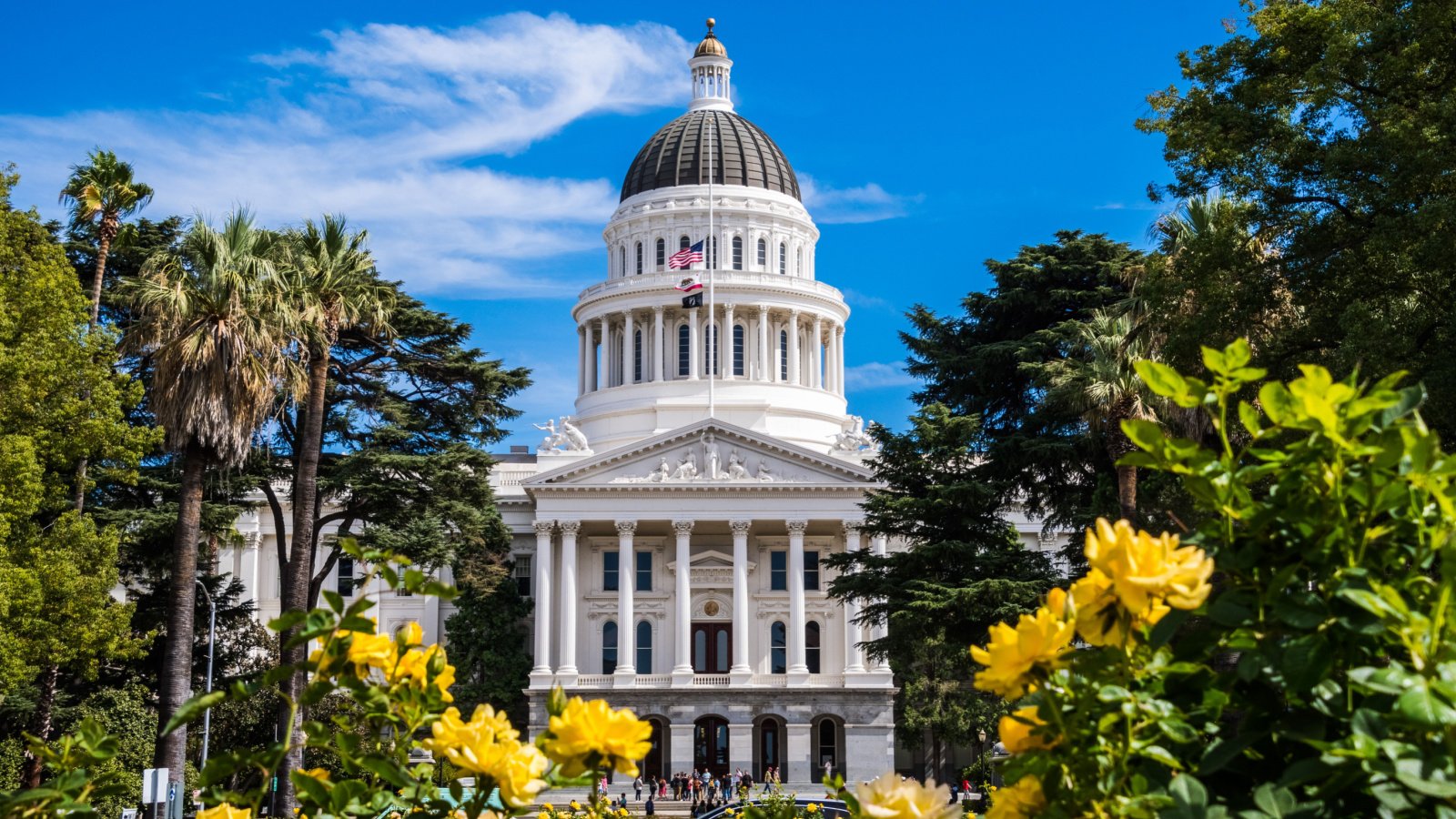
Under the deal agreed to this week, Google and California would contribute $110 million and $70 million, respectively, over five years to bolster local news writing. Broadcasting is not included in the agreement.
Establishment of the “News Transformation Fund”

The money would establish a “News Transformation Fund” at the University of California, Berkeley’s journalism school. Additionally, a $70 million private investment will create a non-profit that will develop AI tools to assist the local news industry. This effort is intended to attract the buy-in from technology industries to help transform the news landscape in America.
AI Accelerator: A Key Initiative

The AI inclusion was a small piece of the negotiation, according to lead negotiator California Assemblymember Buffy Wicks, who called the initiative a “National AI Accelerator.” The AI accelerator would aim to create tools to solve problems across industries, including journalism.
Circumventing Legislative Processes

The agreement is not contingent upon a legislative process. The agreement between the state and Google was the most expedient way to support local newsrooms’ failing yet vital services rather than relying on legislation and legislator agreement.
Challenges in Legislative Involvement
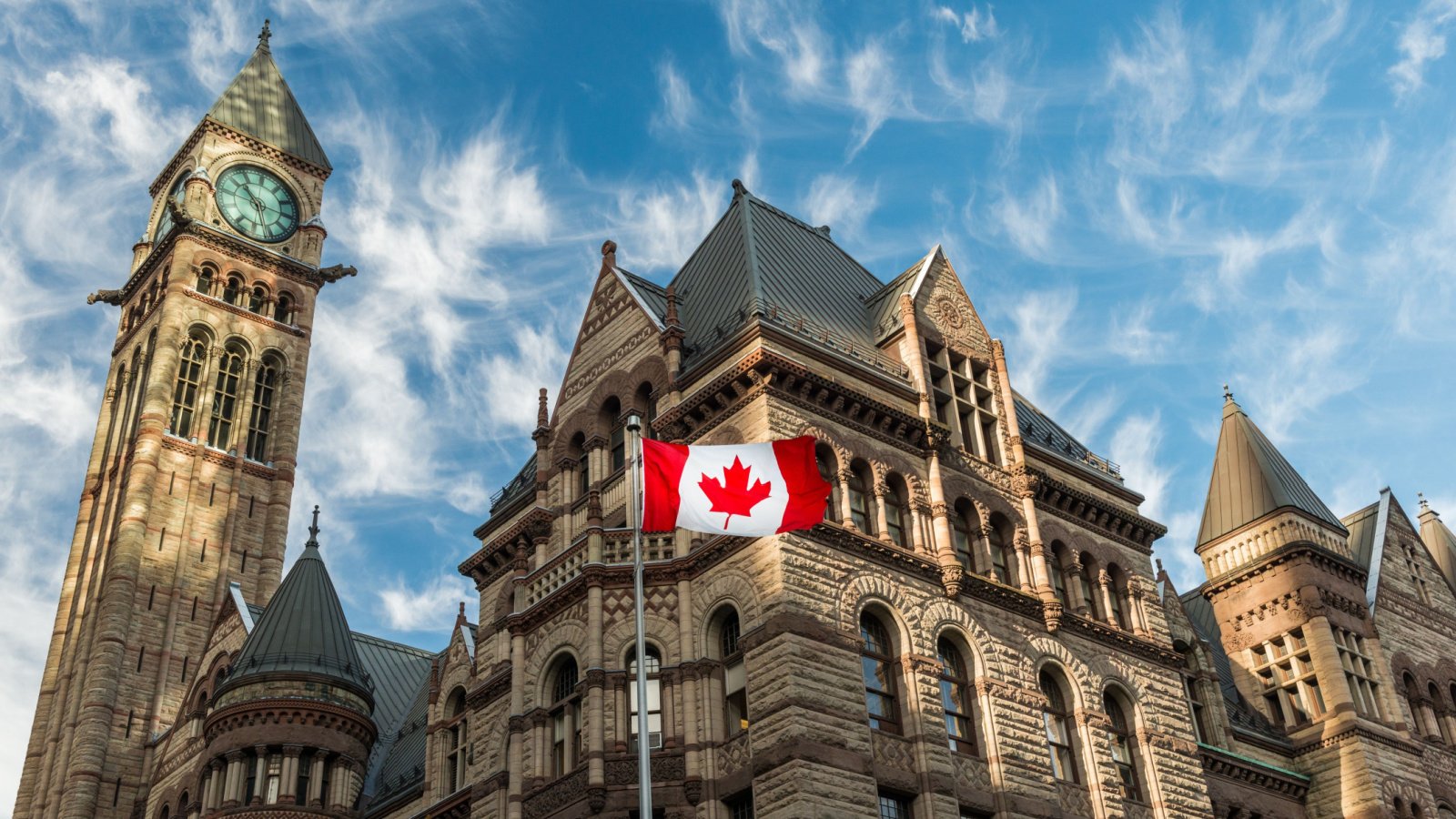
Wicks noted, as an example of the complications of involving the legislative process, “If you look at Canada, they passed that over a year ago, and publishers haven’t received a penny from that yet.”
Democratic Lawmakers’ Frustration

Some Democratic lawmakers were frustrated and critical of the extra-legislative agreement, arguing that it let Google off the hook with a minimal financial investment.
Proposals for a Legislative Solution

California Democratic Senator Steve Glazer introduced a bill seeking to tax digital ad revenue to prop up the newsrooms and called the agreement “completely inadequate” and counterproductive to efforts to “work towards a long-term solution.”
Concerns Over Insufficient Funding

California Senate President Pro Tem Mike McGuire (D) also expressed concerns, saying, “We have concerns that this proposal lacks sufficient funding for newspapers and local media and doesn’t fully address the inequities facing the industry.”
Criticism from Industry Organizations
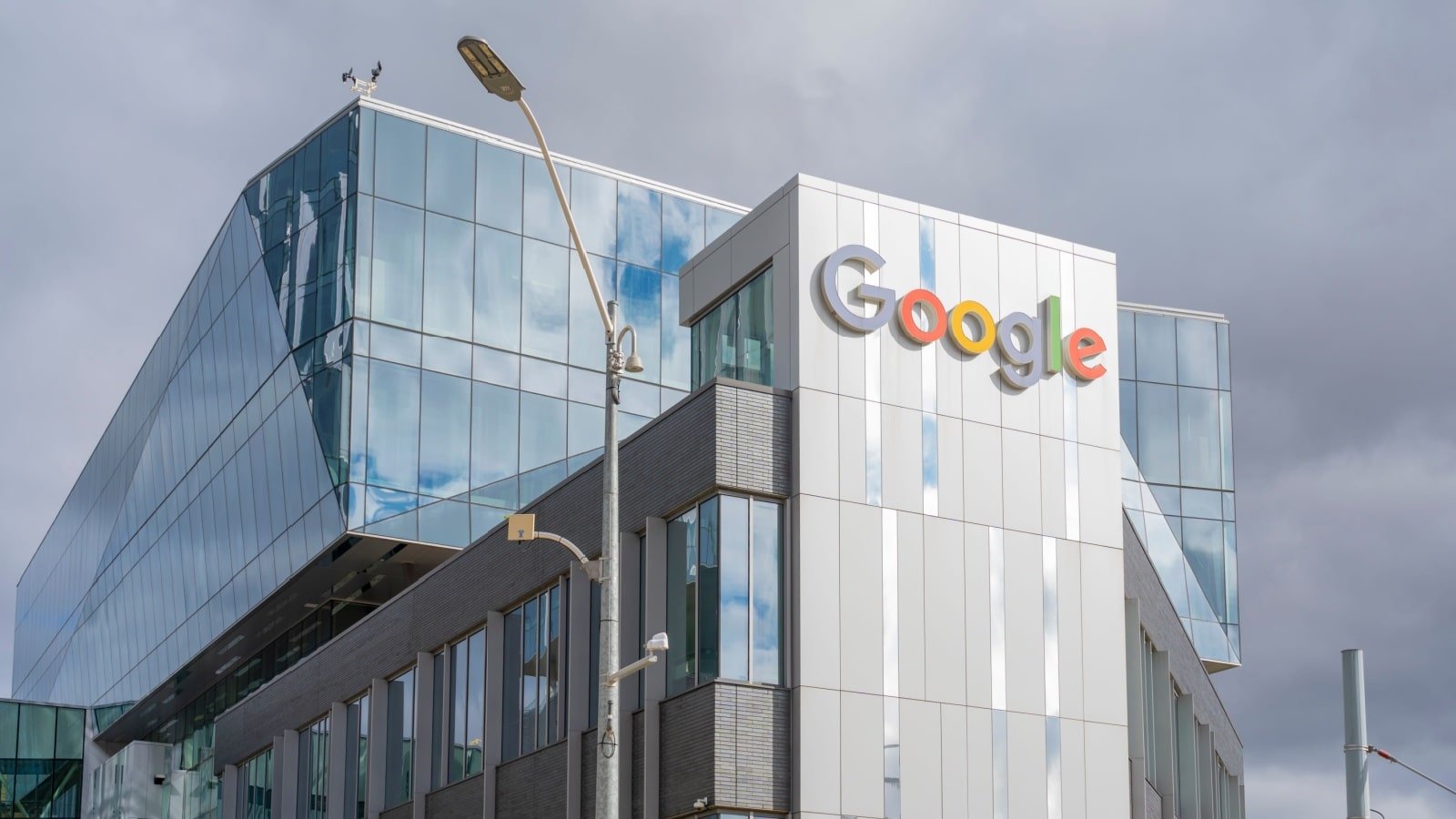
The California News Publishers Association called the agreement a “First step” but incomplete in terms of a long-term business solution.
A journalist union, Media Guild of the West, initially supported Wick’s negotiation efforts but ultimately condemned the deal as a “giveaway” to Google, extracting only $110 million over five years from the technology behemoth. Media Guild of the West President Matt Pearce called the agreement “a total rout. Google used its monopoly power and held the line.”
Wicks’ Perspective on the Agreement

Wick was more circumspect in her approach to the agreement. She said, “I think I’m dealing with the art of the possible. This represents, to me, the best-case scenario for the moment we’re in. And I would rather take a nearly quarter of a billion dollar deal than nothing.”



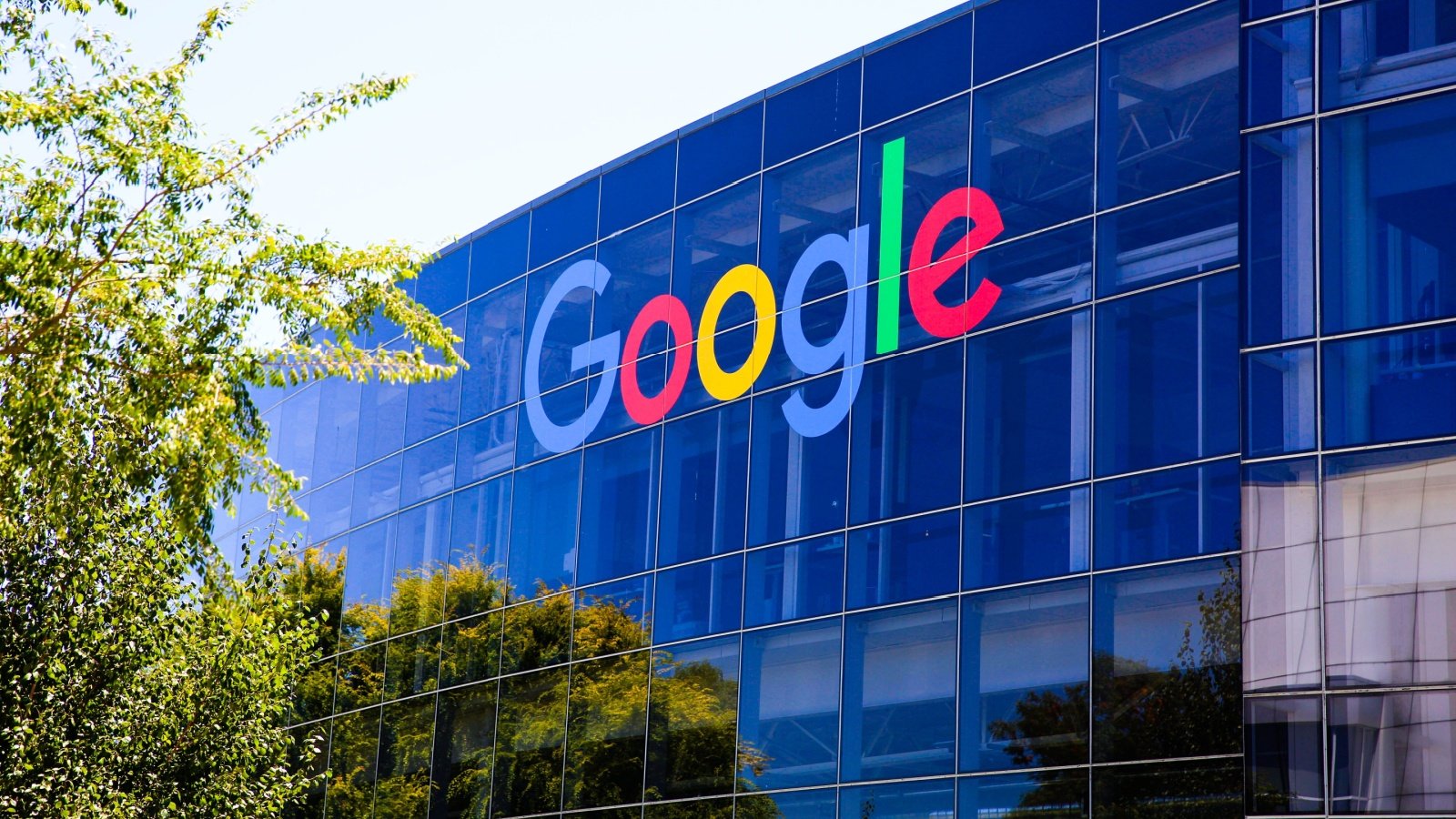



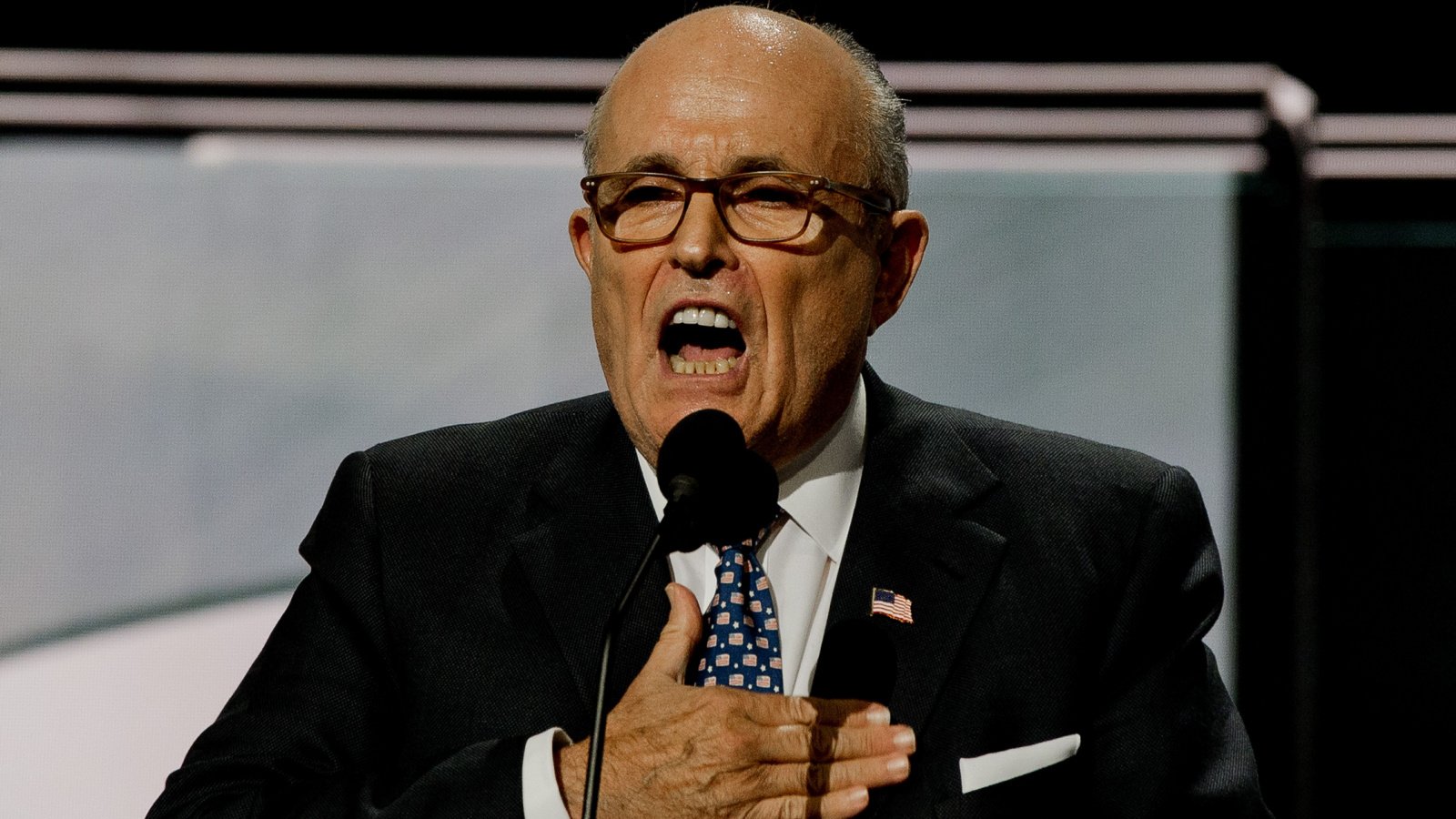

Wonderful post however , I was wondering if you could write a litte more on this topic? I’d be very grateful if you could elaborate a little bit more. Thanks!
Valuable read
Insightful as always